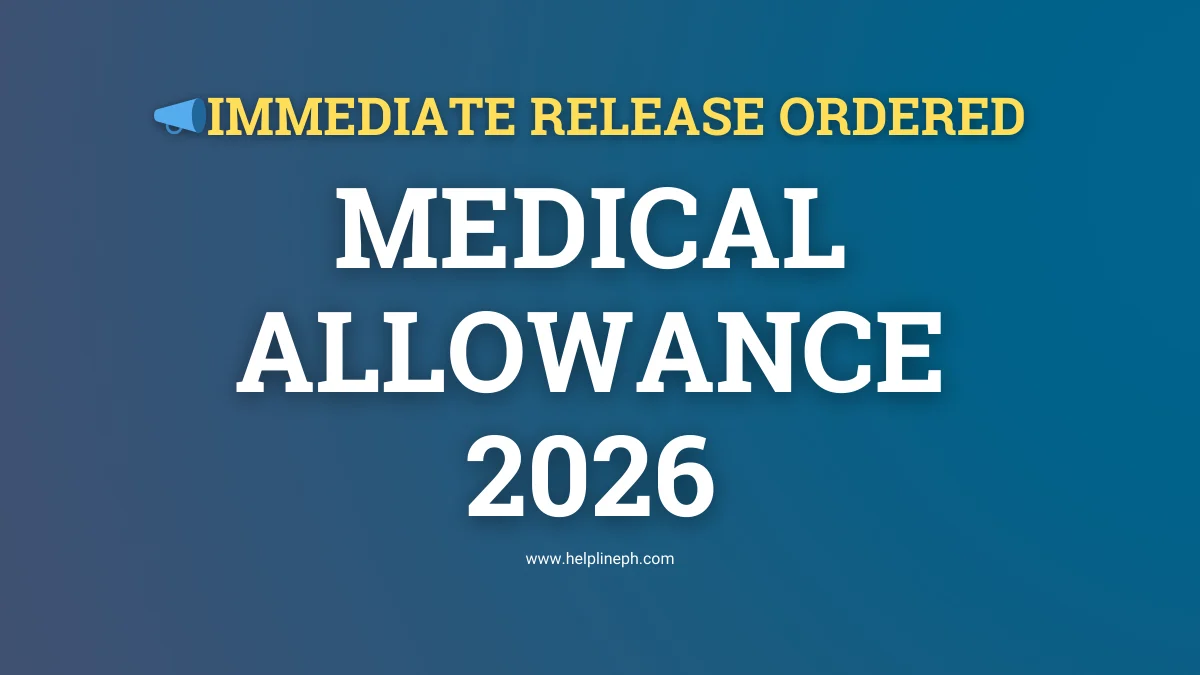How to pass PISA (Programme International Student Assessment)
In 2022, Benigno Aquino High School stood out as the only public school in the National Capital Region to pass the Programme for International Student Assessment (PISA), a remarkable achievement that drew attention to its educational strategies. The secret behind their success offers valuable lessons for students and schools aiming to enhance their educational outcomes. Here’s how they did it, simplified for a 10th-grade understanding.
Firstly, the school focused on creating engaging and understandable activities, especially in mathematics. According to math teacher Mary Rose Lachica, they designed activities that helped students grasp complex concepts in a more relatable way. This approach ensured that students could comprehend and apply mathematical ideas effectively, contributing significantly to their overall performance in PISA.
Moreover, the school’s principal, Lilybeth Sagmaquen, highlighted the importance of teacher-focused strategies. The educators at Benigno Aquino High School were dedicated to ensuring that all necessary competencies were thoroughly taught. This meant that by the end of their studies, students were well-equipped with the skills and knowledge expected of them, showcasing the critical role teachers play in student success.
Despite the achievement of Benigno Aquino High School, the Department of Education (DepEd) recognized the broader challenge of improving the quality of education nationwide. While there was a slight improvement in PISA scores from 2018 to 2022, the overall proficiency level of students was still considered low. This underscored the need for systemic changes to elevate the learning outcomes across the country.
Several factors, including socioeconomic status, parental involvement, resources availability, and school environment, were identified as influencing educational proficiency. These elements highlighted the complex interplay between various aspects of students’ lives and their academic achievements, suggesting that addressing educational challenges requires a multifaceted approach.
In response to these challenges, DepEd has been implementing the National Recovery Program for students and teachers, focusing on enhancing digital education and streamlining teachers’ responsibilities. Initiatives like the National Reading Program and the National Science and Mathematics Program aim to improve teaching quality, allowing educators to concentrate more on teaching rather than administrative tasks. This holistic approach, inspired by the success of Benigno Aquino High School, points toward a brighter future for education in the region, emphasizing the importance of innovative teaching methods, teacher empowerment, and addressing socioeconomic barriers to learning.






